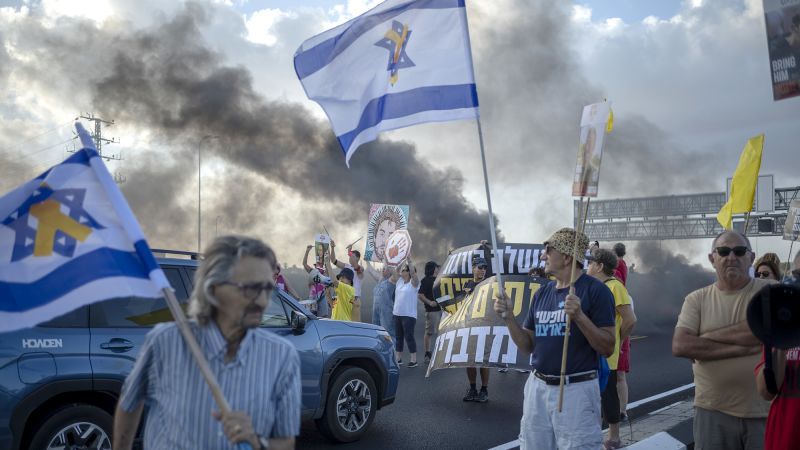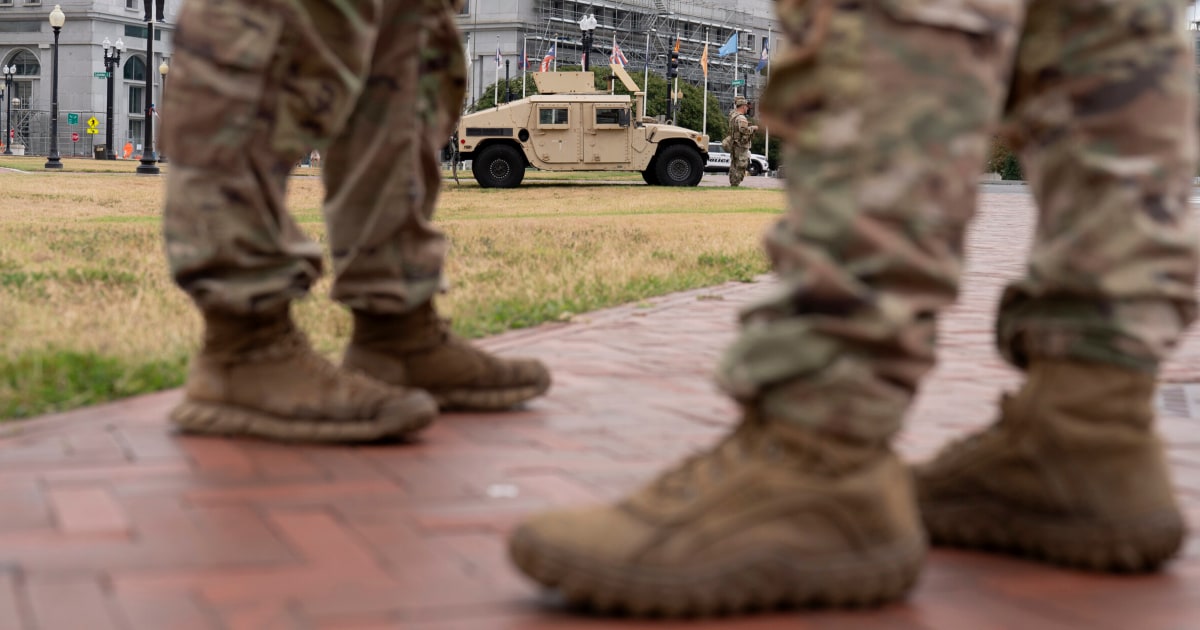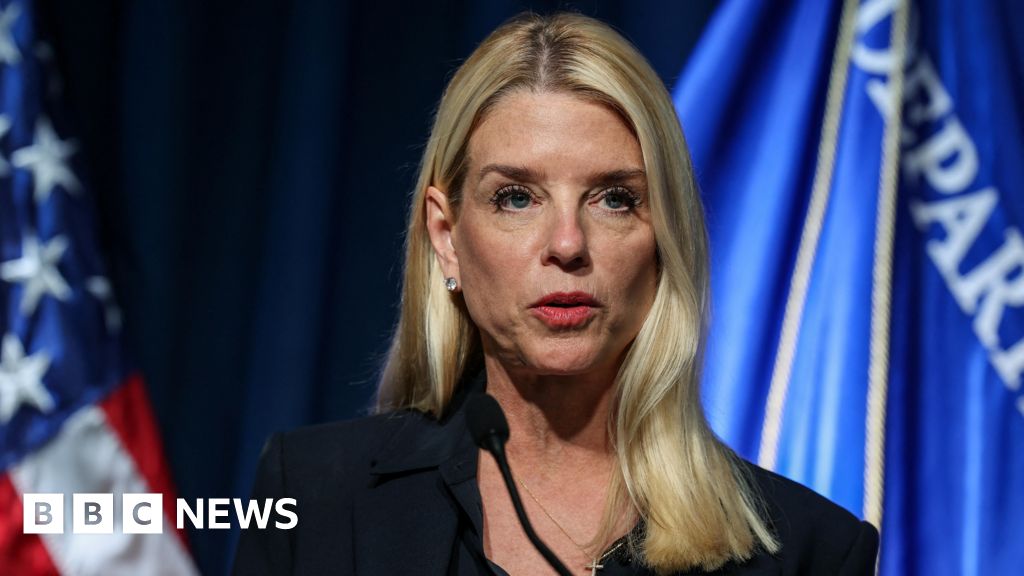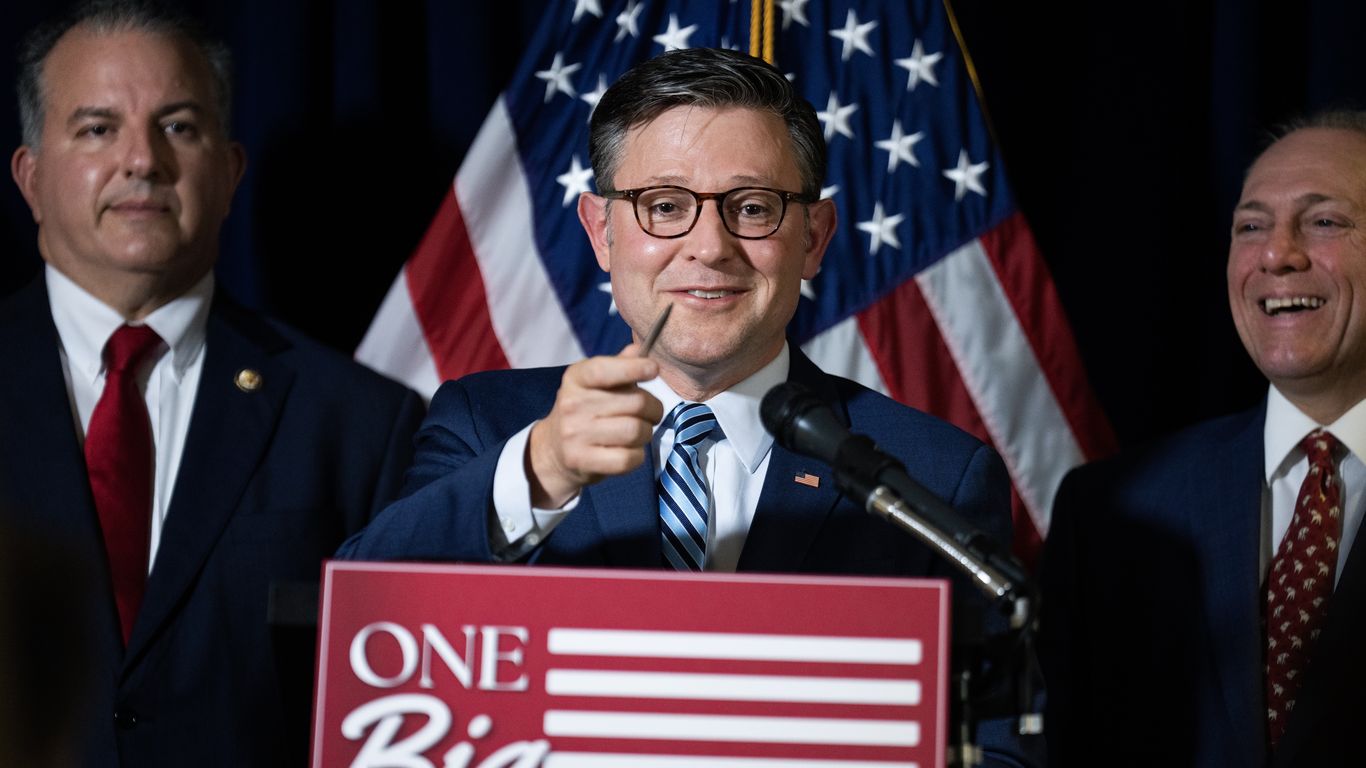Indonesia Protests: Calls for Justice and Government Response
#indonesia #protests #police_brutality #government_corruption #justice

Introduction
Indonesia’s president, Joko Widodo, has issued a plea for calm as protests continue to escalate in the country. Demonstrations have been growing in size and intensity after the death of a motorbike taxi driver. The 43-year-old man was allegedly beaten by police during a routine traffic stop, leading to his death. This incident has sparked widespread outrage and calls for justice from the public.
Root Causes
The death of the motorbike taxi driver is just the latest in a string of incidents that have highlighted a long-standing issue of police brutality in Indonesia. The country has a history of government corruption and abuse of power, and this has resulted in a deep mistrust of law enforcement among the public. The lack of accountability for these actions has only fueled the anger and frustration of the people, leading to the current wave of widespread protests.
Implications
The growing protests and unrest in Indonesia have significant implications for the country’s stability and economy. The ongoing demonstrations have resulted in road closures, disruptions to public transportation, and business closures. This has also led to a decrease in tourism, a major source of income for the country. The government’s response to the protests will also have a lasting impact on public trust and the country’s international image. It is crucial for the government to address the root causes of these protests and take steps to restore the
About the Organizations Mentioned
World Health Organization
The World Health Organization (WHO) is a specialized agency of the United Nations, established in 1948, with a mandate to promote global health, coordinate international responses to public health threats, and set standards for health policies and interventions[2]. Headquartered in Geneva, Switzerland, WHO operates in over 150 countries, working with governments, NGOs, and other partners to advance health equity, strengthen health systems, and respond to health emergencies. ## What WHO Does WHO’s core activities include monitoring global health trends, setting international health standards, providing technical assistance to countries, and serving as a forum for scientific and policy discussions on health issues[2]. The organization publishes influential reports such as the annual **World Health Statistics**, which tracks progress toward Sustainable Development Goals (SDGs) and provides a global “health report card”[1][8]. WHO also maintains the Model List of Essential Medicines, guiding countries on which drugs are most critical for public health[7]. In addition, WHO leads global campaigns on issues ranging from infectious disease eradication to noncommunicable diseases (NCDs), maternal and child health, and health emergencies[2][6]. ## History and Key Achievements WHO’s history is marked by landmark achievements, including the eradication of smallpox, near-eradication of polio, and the development of an Ebola vaccine[2]. The organization played a pivotal role in responding to the COVID-19 pandemic, coordinating global research, vaccine distribution, and public health guidance. In May 2025, WHO member states adopted the world’s first **Pandemic Agreement**, a historic step to improve international coordination and equity in future health crises[4]. WHO also spearheads initiatives like the Triple Billion Targets (healthier lives, universal health coverage, and protection from health emergencies) and technical policy packages targeting tobacco, alcohol, salt, and trans fat reduction[1][2]. ## Current Status and Notable Aspects WHO is currently implementing its **Fou



















